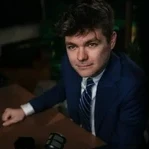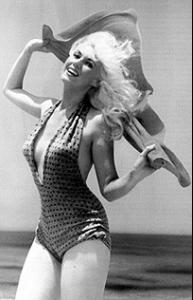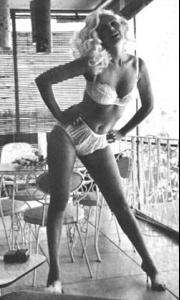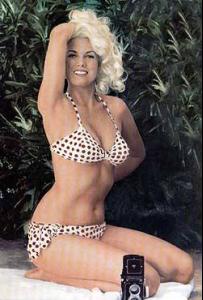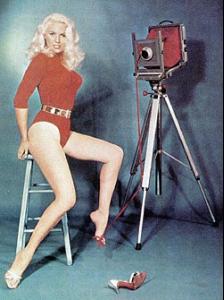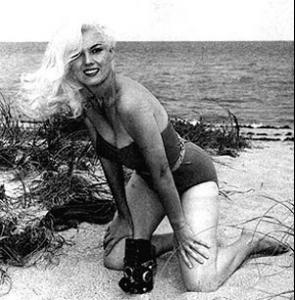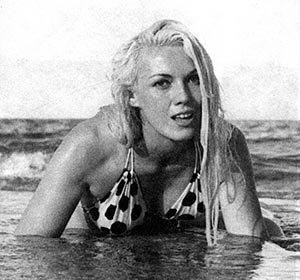
Everything posted by COP11
-
This Celeb Or That Celeb [Female]
Charlotte or Kim Kardashian
-
Do you...
All the damn time! Do you think you eat a lot more than you should?
-
I Am...
so pissed off!!! Damn terrorists!! My trip to Africa was cancelled because of those idiots!!
- THIS or THAT
-
Good Or Bad !
Haven't seen it Deadliest Catch
-
Celebrity HOT OR NOT?
cute Jake Harris
-
Yummy or Yucky
Cornetto ice cream is okay Red Velvet Cake ice cream
- What did you last buy!
-
Yes or No Game
Of course Do you cook every single day?
-
GAME: A,B,C TV Shows/Movies
Yakuza
-
Who is the prettier and better victoria secret model?
Marisa Tyra Ale Gisele Yasmeen Stephanie Helena Laetita Jill Frederique Heather Stewart-Whyte
-
Hi all
Hi George and welcome!
-
Celebrity HOT OR NOT?
Not Maggie Siff
-
Good Or Bad !
Haven't seen it Harold and Kumar Go To White Castle
- THIS or THAT
-
Guilty or Not Guilty?
Guilty, I stole some gum when I was a kid Ever push someone off a boat
-
Celebrity HOT OR NOT?
Not Daniela Pestova
-
The "What Are You Thinking About Right Now?" PIP
Phi Harris's coffee is actually pretty damn good
-
Rate the Celebrity Above You
8 Pace Wu
-
This Celeb Or That Celeb [Female]
Charlotte or Maggie Siff
-
Do you...
Of course I do Do you like George Carlin?
-
I Am...
in a way better mood today
-
I AM the Biggest fan revival
Salma Hayek Angelina Jolie Pace Wu Fan Bingbing Winter Ave Zoli
-
Models Competition
Lips: 7 Smile: 2 Hair: 8 Eyes: 7 Nose: 6 Abs: 6 Cleavage: 2 Butt: 3 Legs: 5
-
Vintage 50's and 60's Bombshells
